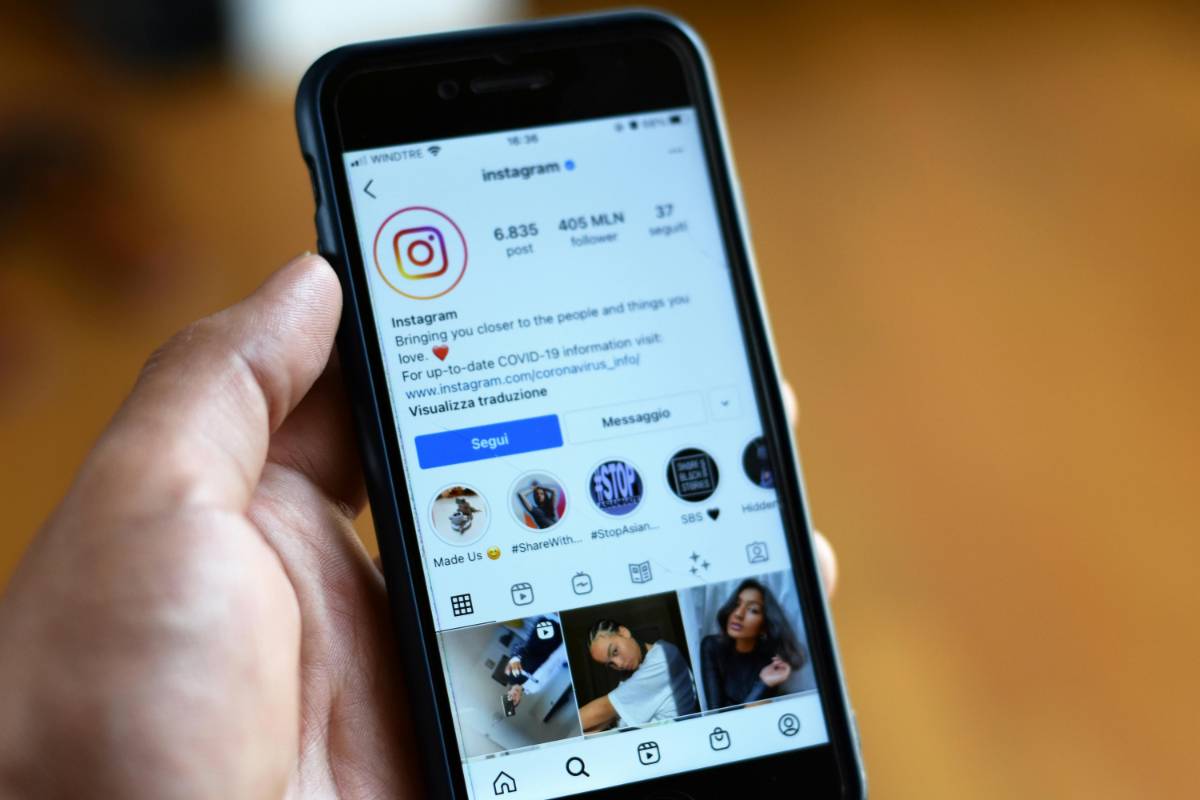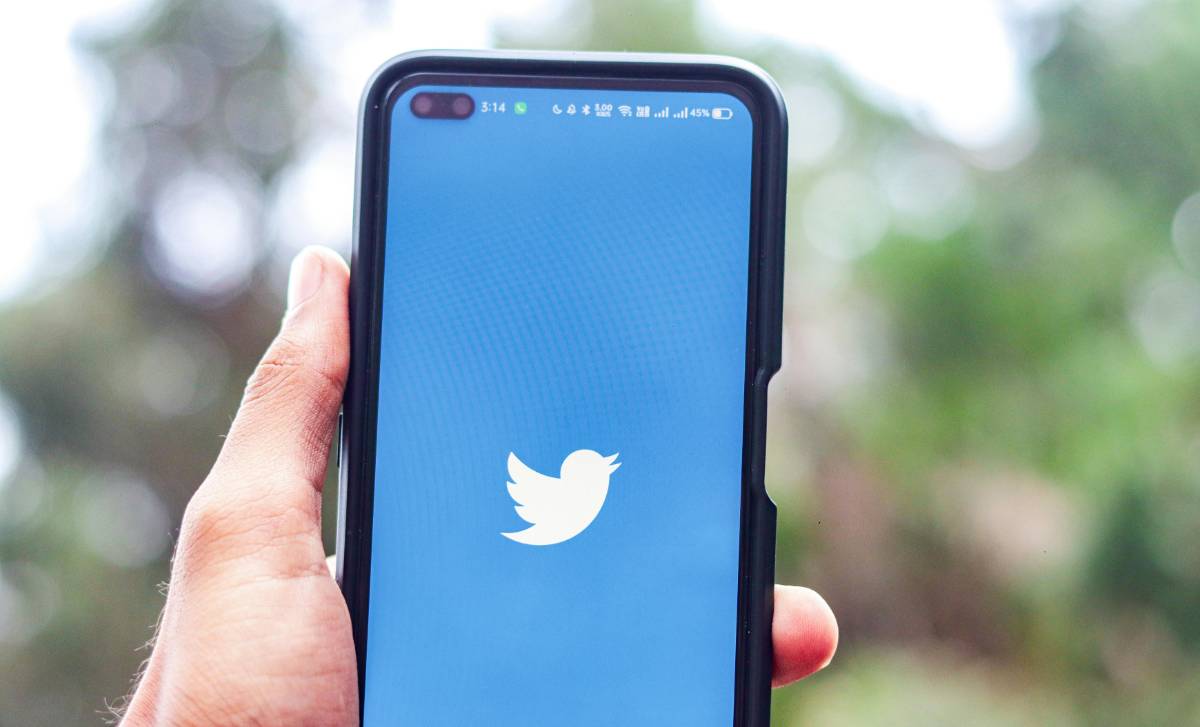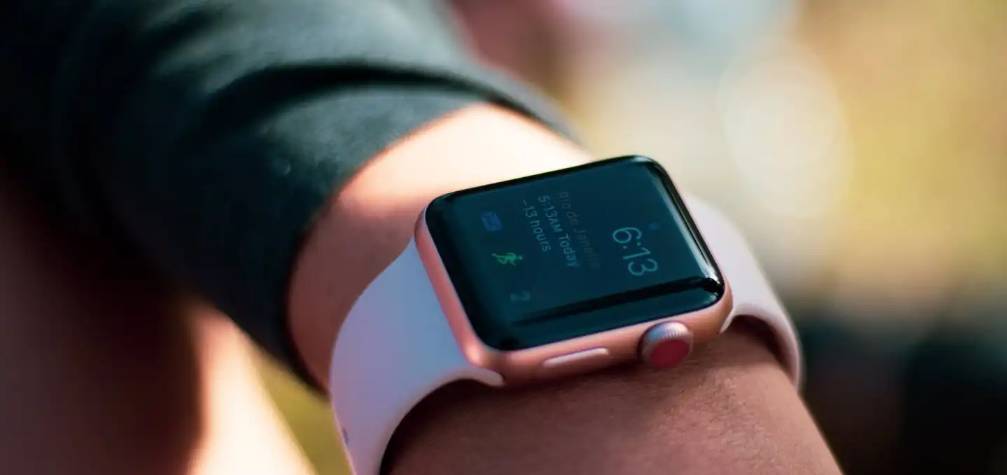The Psychology of Likes: Why Social Media Validation Matters
23 Aug 2025
Read Time: 3 min read

In today’s digital age, social media has become a significant part of our lives, influencing how we connect, communicate, and perceive ourselves. One of the most intriguing aspects of social media is the validation we receive through likes, shares, and comments. But why do these virtual acknowledgments matter so much? Let’s delve into the psychology behind social media validation.
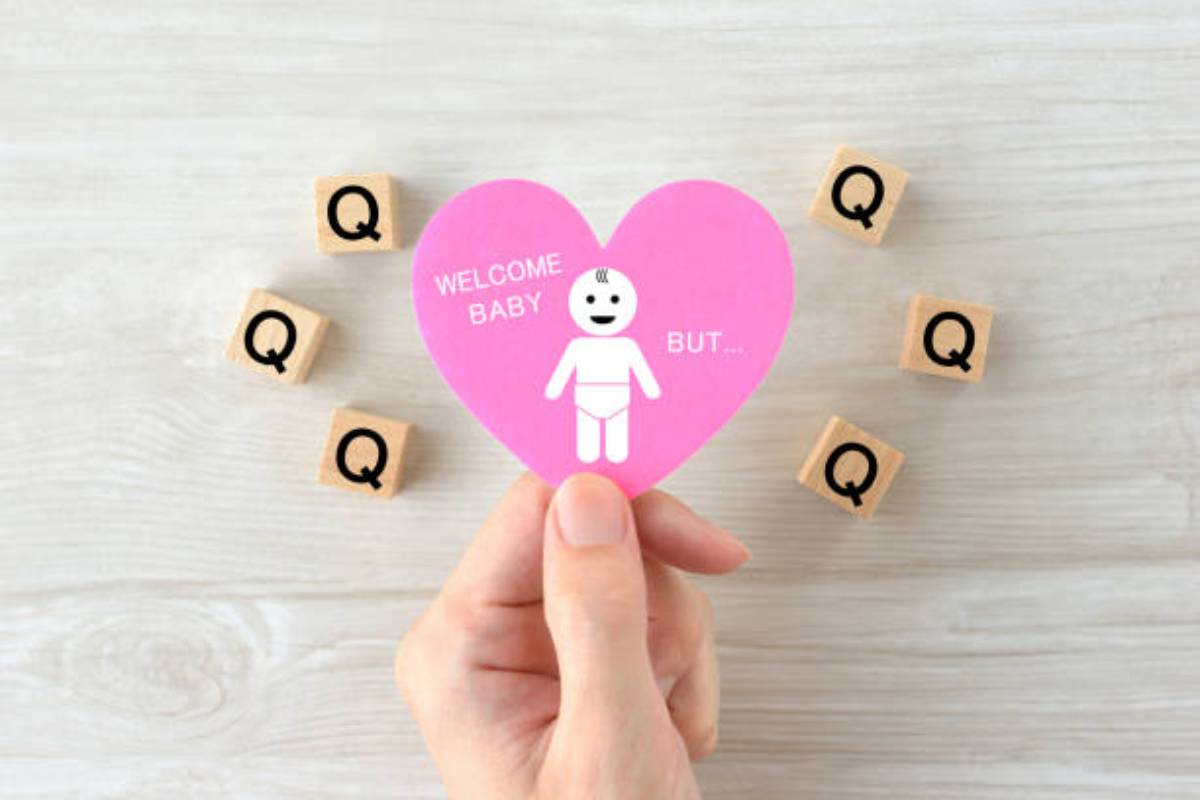 The Role of Dopamine in Social Media
The Role of Dopamine in Social MediaWhen you receive a like or positive comment on a post, your brain releases dopamine, a neurotransmitter associated with pleasure and reward. This creates a feeling of happiness and reinforces the behavior of seeking social approval.
This reward cycle is similar to what occurs during other pleasurable activities, such as eating or winning a game. The anticipation of receiving likes can become addictive, motivating users to post more frequently to maintain that sense of gratification.
The Desire for Social AcceptanceHuman beings are inherently social creatures, and the need for acceptance is deeply ingrained in our psychology. Social media provides a platform where we can share moments, thoughts, and achievements, inviting others to validate our experiences through likes and comments.
This validation serves as a form of social proof, affirming that our content—and by extension, we ourselves—are valued and appreciated. Over time, this can influence self-esteem and how we perceive our social standing.
While likes can boost confidence, they can also lead to unhealthy comparisons. Seeing others receive more engagement can trigger feelings of inadequacy or self-doubt, fostering a mindset where worth is measured by virtual metrics.
This phenomenon, often referred to as “comparison culture,” can negatively affect mental health, leading to anxiety, depression, or a constant need for validation to counteract feelings of inadequacy.
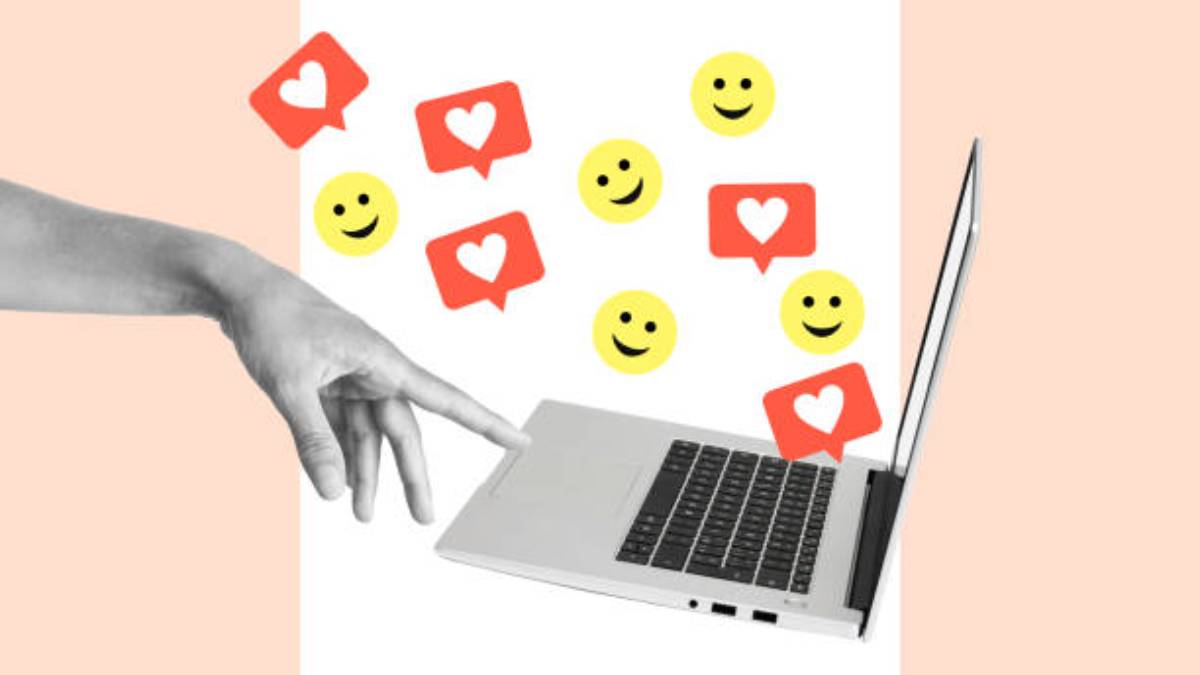
💡 Discover More from Social-Media
While social media validation can enhance self-esteem and provide a sense of belonging, it also has its drawbacks. Over-reliance on likes can make individuals more vulnerable to criticism or the lack of engagement. This dependence can affect self-worth and lead to a cycle of seeking approval at the expense of authenticity.
It’s important to remember that social media is just one facet of life and shouldn’t define your value or dictate your happiness.
Strategies for Healthy Social Media UseTo maintain a healthy relationship with social media, consider setting boundaries around your usage. Limit the time spent on platforms, focus on meaningful interactions, and remind yourself that likes and comments don’t define your worth.
Practicing mindfulness and prioritizing offline connections can also help mitigate the negative effects of validation dependence. Remember, the real value lies in the connections and experiences that extend beyond the digital world.
ConclusionThe psychology of likes highlights the powerful impact social media validation has on our emotions and behaviors. While it can be uplifting, it’s essential to approach social media with a balanced mindset to avoid falling into the trap of over-dependence. By understanding the psychological dynamics at play, you can enjoy the benefits of social media while staying grounded in your sense of self-worth.
Stay Informed
Get the latest and most accurate news delivered straight to your inbox. Subscribe now and never miss an update.

Rahul Sharma
An insightful voice in the industry, crafting content that informs, inspires, and connects with readers.
View all articles →
